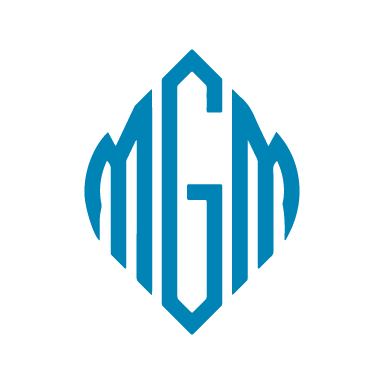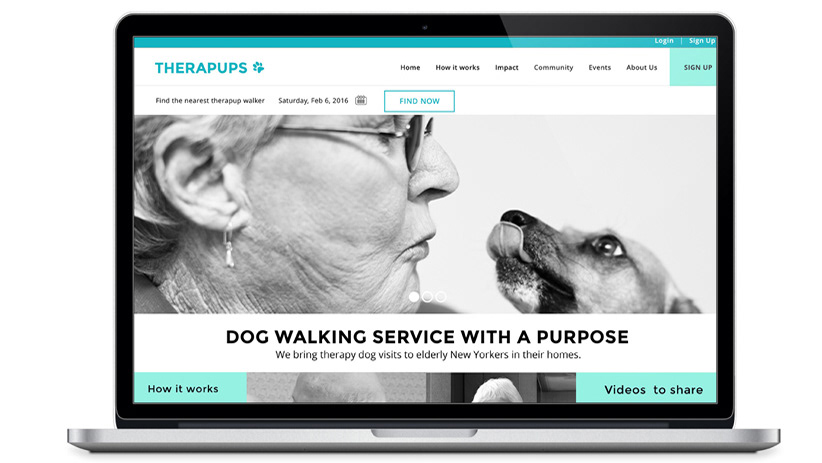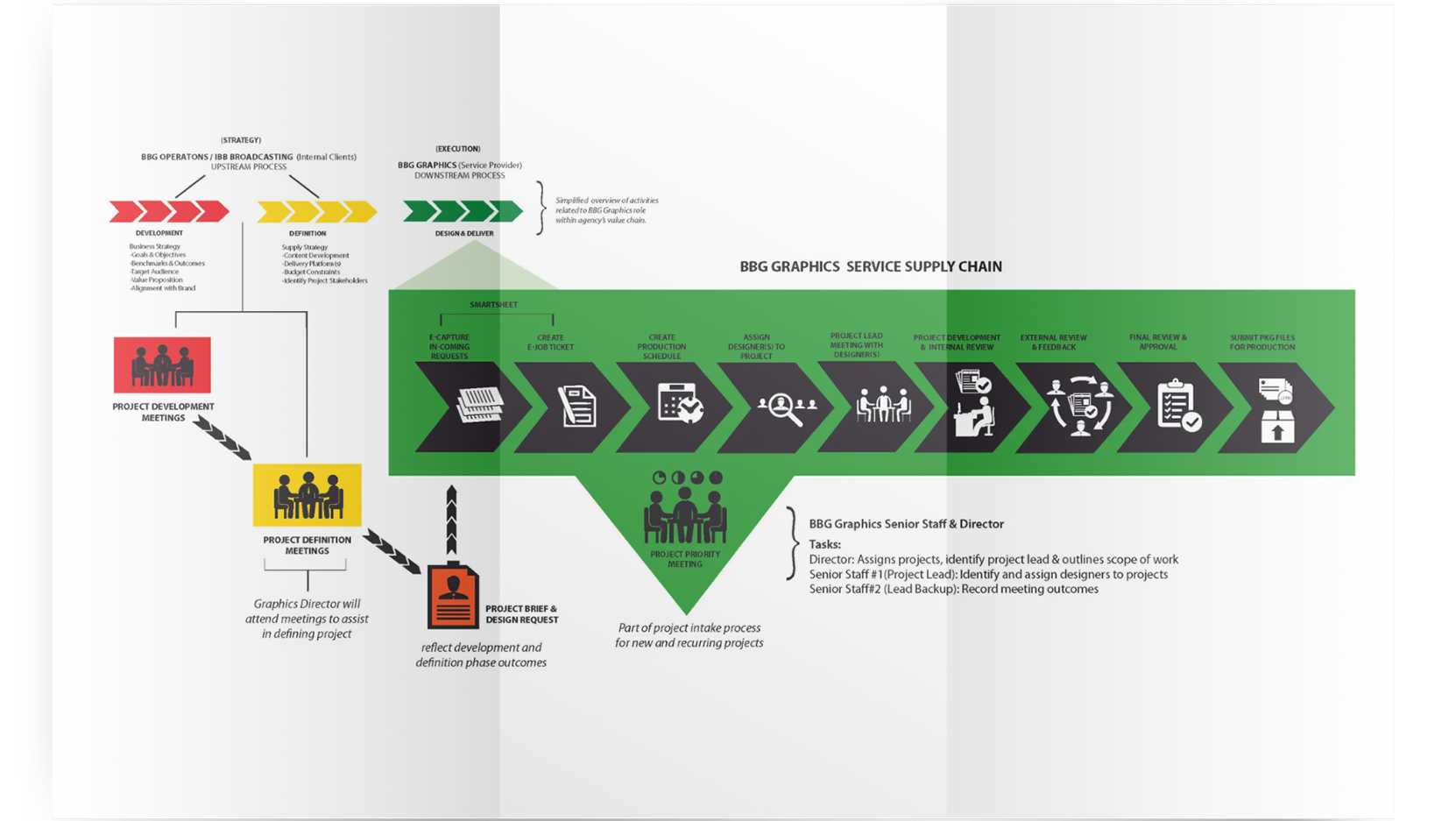Project Type: Imagination Lab Sprint - Speculative Design
Duration: Two Weeks
Role: Sustainable Design Research
Challenge:
As many sectors move toward net zero and sustainability goals, the apparel industry is presented with the opportunity to innovate fabric production methods, reimagine production supply chains to reduce waste, and change retail fashion consumption across sectors.
The Milken Institute, a global think tank known for bringing the best ideas together to tackle critical global issues, is developing an initiative to help advance sustainable innovations in the apparel industry. The initiative would form partnerships with foundation heads from major apparel brands to ensure that the industry's philanthropic and business perspectives are considered when raising capital to offset the cost of developing, producing, and adapting new sustainable materials and methods at scale.
After dedicating over a year to researching and developing an initiative to advance sustainable innovations in the apparel industry, the institute's Environmental and Social Innovation portfolio still struggled with choosing a viable path toward implementation.
Action:
Research
Conducted exploratory research to discover contributing factors that impact the clothing supply chain and influence apparel consumption habits.
Image courtesy of Fossil-Free Fashion Scorecard 2023 by Stand.earth
Analysis
Produced research outcomes summary of the eco-fashion industry and market to inform the conceptual design approach for Imagination Lab sprint(s), including the factors and trends that affect the fashion industry's present and future.
Key takeaway: To accelerate the adaptation of upcycling biomaterials to reduce waste and innovate fabric design, Information sharing, technical training, financial support, and incentives are essential for mobilizing brands and supporting suppliers to take action.
Image courtesy of Fossil-Free Fashion Scorecard 2023 by Stand.earth
Result:
Narrative Development
Applied research & analysis to craft a powerful conceptual narrative that bridges the gaps between the client's vision and the present, with a glimpse into adjacent, possible futures.
"The Living Weave" is a Milken Institute Research story about a future in which bioengineered, adaptive clothing revolutionizes fashion and environmental sustainability. The story follows a scientist's journey to create a symbiotic relationship between people and the fabrics they wear.
Click to read "The Living Weave" (PDF)
Concept Generation
Developed original concepts and design artifacts based on the client's summary research; adding new details, ensuring alignment with their goals, and fine-tuning the content with the narrative research.
Initiative Brand
730LAB is a potential ‘future concepts division’ for convening industry partners to collaborate on issues that present systems of challenges that require deeper exploration:
"Practicing expert curiosity across multiple sectors, developing solutions for a more sustainable world, and creating a healthier future for everyone, 730LAB puts a premium on developing integrated concepts for complex problems and driving catalyzing collaboration with like-minded partners. Our teams share through overlap and singular focus for basic research and real-world applications by creating and maturing breakthrough solutions."
Material Source ID Tags
"Future Safe" Tags provide customers with information on the source of the garment/upholstery material and encourage supply chain transparency and accountability, reflecting the Triple Bottom Line (TBL) business sustainability framework.
Clothing & Accessory
AURA is a fictional bioluminescent retail fashion product, featured in "The Living Weave" about the breakthrough development of BIOMA by science entrepreneur Dr. Zuri Kimani.:
"The fashion world had gone wild for the technology. Music artists incorporated the garments into their stage performances, becoming living light shows. Even sports teams got in on the trend, with some incorporating glowing elements into their uniforms for night games, much to the delight of fans. The bioluminescent clothing wasn’t just fashion; it was a phenomenon, a symbol of the seamless merger of technology and biology."
NOTE: All concepts developed during the inaugural sprint were intended as visual assets to communicate initiative activity to Milken Institute's internal stakeholders and external audiences.
Outcome:
Presentation & Next Steps
Presented the above concepts and a teaser video to the client, including breakthrough concepts to explore at future Imagination Lab sprint(s), such as innovative material development in clothing and upholstery manufacturing, that also addresses food waste.
Milken Institute Feedback...
Seeing how you went through this process gives me ideas about how we can use narratives and conceptual design to excite and engage potential collaborators on this and other projects as well. These concept images make me realize how much a literal visualization can help you explore an idea. I don’t think we typically generate new images for a pitch at MI, but perhaps concept art generation is worth including in the R&D process for a potential collaboration. —Senior Associate, Environmental & Social Innovation, Milken Institute Philanthropy
To view visual design work, visit:


